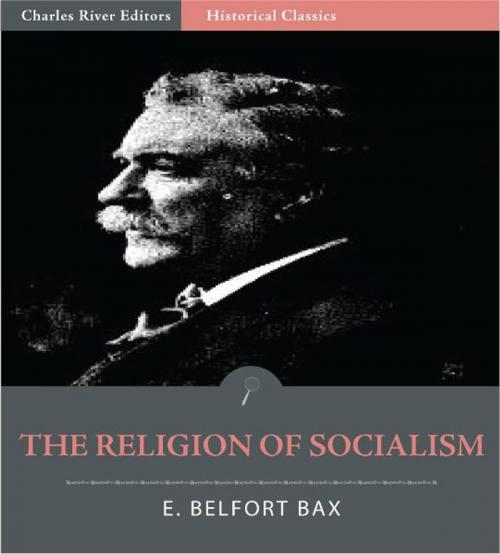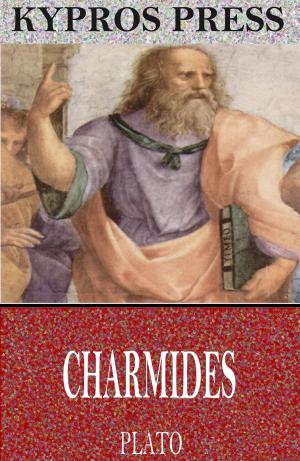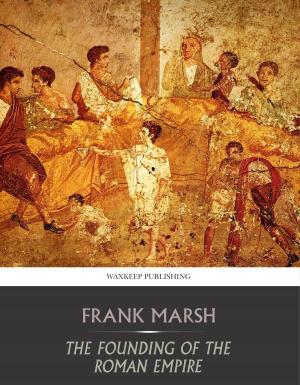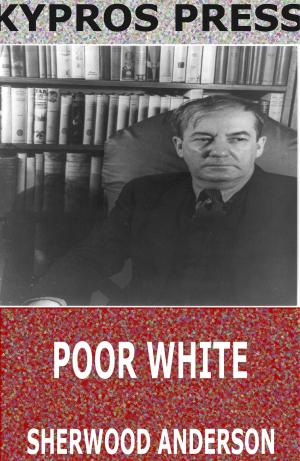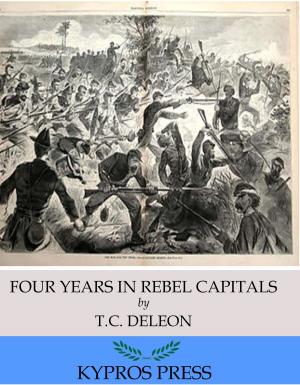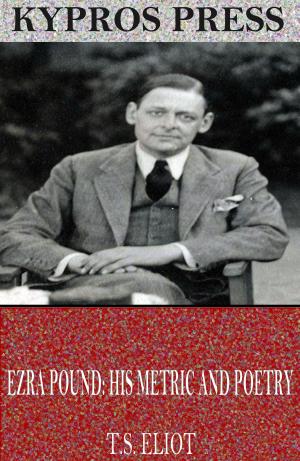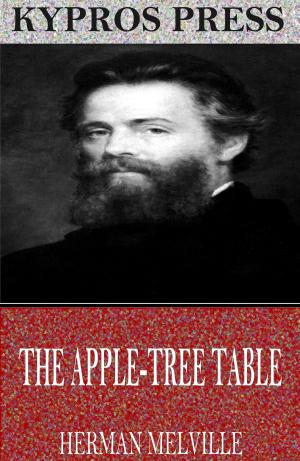The Religion of Socialism
Nonfiction, Social & Cultural Studies, Political Science, Government, Communism & Socialism, Politics, History & Theory| Author: | E. Belfort Bax | ISBN: | 9781619825857 |
| Publisher: | Charles River Editors | Publication: | January 20, 2012 |
| Imprint: | Language: | English |
| Author: | E. Belfort Bax |
| ISBN: | 9781619825857 |
| Publisher: | Charles River Editors |
| Publication: | January 20, 2012 |
| Imprint: | |
| Language: | English |
Ernest Belfort Bax (23 July 1854 26 November 1926) was a British socialist, journalist and philosopher. Born into a nonconformist religious family in Leamington, he was first introduced to Marxism while studying philosophy in Germany. He combined Karl Marx's ideas with those of Immanuel Kant, Arthur Schopenhauer and Eduard von Hartmann. Keen to explore possible metaphysical and ethical implications of socialism, he came to describe a "religion of socialism" as a means to overcome the dichotomy between the personal and the social, and also that between the cognitive and the emotional. He saw this as a replacement for organised religion, and was a fervent atheist, keen to free workers from what he saw as the moralism of the petty bourgeoisie. Almost throughout his life, he saw economic conditions as ripe for socialism, but felt this progress was delayed by a lack of education of the working class. Bax supported Karl Kautsky over Eduard Bernstein, but Kautsky had little time for what he saw as Bax's utopianism, and supported Theodore Rothstein's efforts to spread a more orthodox Marxism in the SDF. Initially very anti-nationalist, Bax came to support the British in World War I, but by this point he was concentrating on his career as a barrister and did little political work. Bax wrote several books about Socialism and important historical events, including the French Revolution. In The Religion of Socialism, published in 1886, Bax discusses socialism at length in a series of related essays. This edition of The Religion of Socialism is specially formatted with a Table of Contents.
Ernest Belfort Bax (23 July 1854 26 November 1926) was a British socialist, journalist and philosopher. Born into a nonconformist religious family in Leamington, he was first introduced to Marxism while studying philosophy in Germany. He combined Karl Marx's ideas with those of Immanuel Kant, Arthur Schopenhauer and Eduard von Hartmann. Keen to explore possible metaphysical and ethical implications of socialism, he came to describe a "religion of socialism" as a means to overcome the dichotomy between the personal and the social, and also that between the cognitive and the emotional. He saw this as a replacement for organised religion, and was a fervent atheist, keen to free workers from what he saw as the moralism of the petty bourgeoisie. Almost throughout his life, he saw economic conditions as ripe for socialism, but felt this progress was delayed by a lack of education of the working class. Bax supported Karl Kautsky over Eduard Bernstein, but Kautsky had little time for what he saw as Bax's utopianism, and supported Theodore Rothstein's efforts to spread a more orthodox Marxism in the SDF. Initially very anti-nationalist, Bax came to support the British in World War I, but by this point he was concentrating on his career as a barrister and did little political work. Bax wrote several books about Socialism and important historical events, including the French Revolution. In The Religion of Socialism, published in 1886, Bax discusses socialism at length in a series of related essays. This edition of The Religion of Socialism is specially formatted with a Table of Contents.
